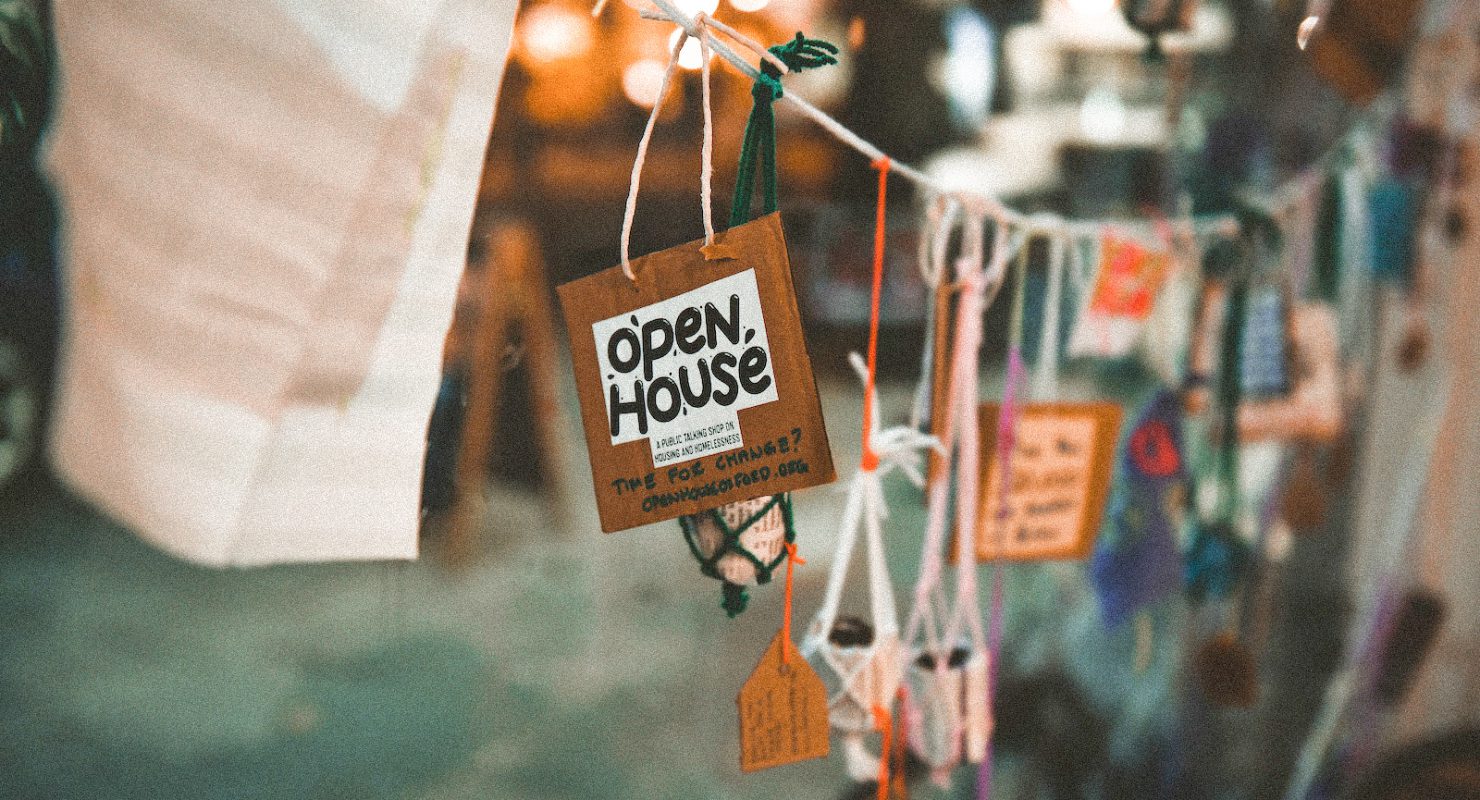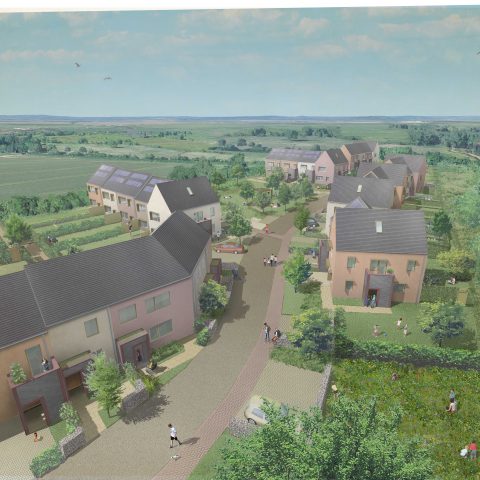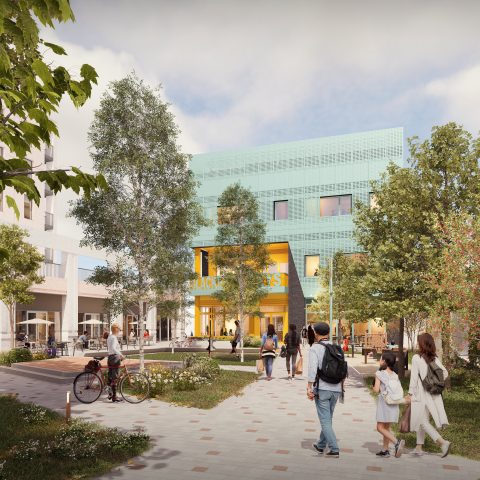In November 2018, we transformed an empty retail unit on Little Clarendon Street, a busy shopping street in Central Oxford into ‘a public talking shop on housing and homelessness.
Using principles of participatory urban design and building on the concept of an ‘urban room’, Open House was an experiment in placemaking, active citizenship and how to include more people in the decisions that are being made about housing in Oxford.

By creating Open House we were asking a question. Could creating a space that is actively welcoming to people without a permanent home and including them in the conversations that are being had about housing in the city encourage a movement to create a fairer housing system that has a lived experience of homelessness in its DNA?
Our brief for the design of Open House was ‘to make it easy for people to talk to strangers about housing.’ To that end we created an open space with a mix of seating arrangements, activities, and an interactive exhibition on attitudes towards housing and homelessness.
Our brief for the design of Open House was to make it easy for people to talk to strangers about housing.
As a space which would welcome people experiencing poor housing or homelessness, we had to take into account the needs of this community. As well as safeguarding issues, our design had to work for people dealing with trauma and a higher than average number of people with learning difficulties.
We created distinct areas with different lighting levels, footfall and types of seating. We followed the principles of Psychologically Inspired Environmental Design in our choice of colour and materials. We designed a high-quality piece of furnitecture in the form of a 1:4 scale model of a house which contained recorded ‘housing stories’, people talking about what it means to make Oxford their home.
The translucent interior created a protected yet not isolated space. The exterior was ‘clad’ with cardboard tiles allowing visitors to add their experiences to the houses.




Our exhibition and event design followed the same brief as the space and we designed a programme of events including panel discussions, hackathons, crafting consultations and story-telling workshops.
We designed an events policy which made our events as accessible as possible to people with many different experiences of housing and homelessness.

A visit to Open House would find parents with small children seeking somewhere to play and relax without a cost, a few people who had been rough sleeping and were seeking a hot drink and a phone charge, outreach and options professionals meeting clients in a more relaxed space then the job centre, a young man living in a house without any shared space looking for some company and a puzzle partner, or a small group meeting to discuss the potential for starting a renters union in Oxford.
Open House at Little Clarendon Street closed in October 2019 and we are currently in conversations to develop the idea and enable more ‘public talking shops’ to open elsewhere. The Lankelly Chase Foundation supported us to develop a ‘Learning from Open House’ report, which you can read here.



